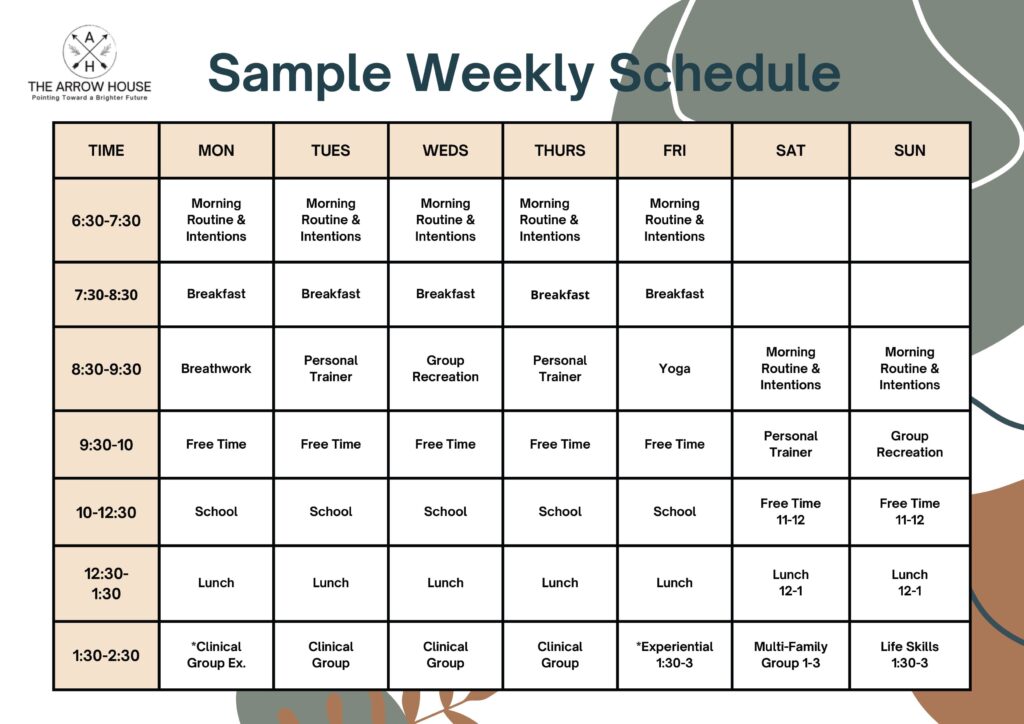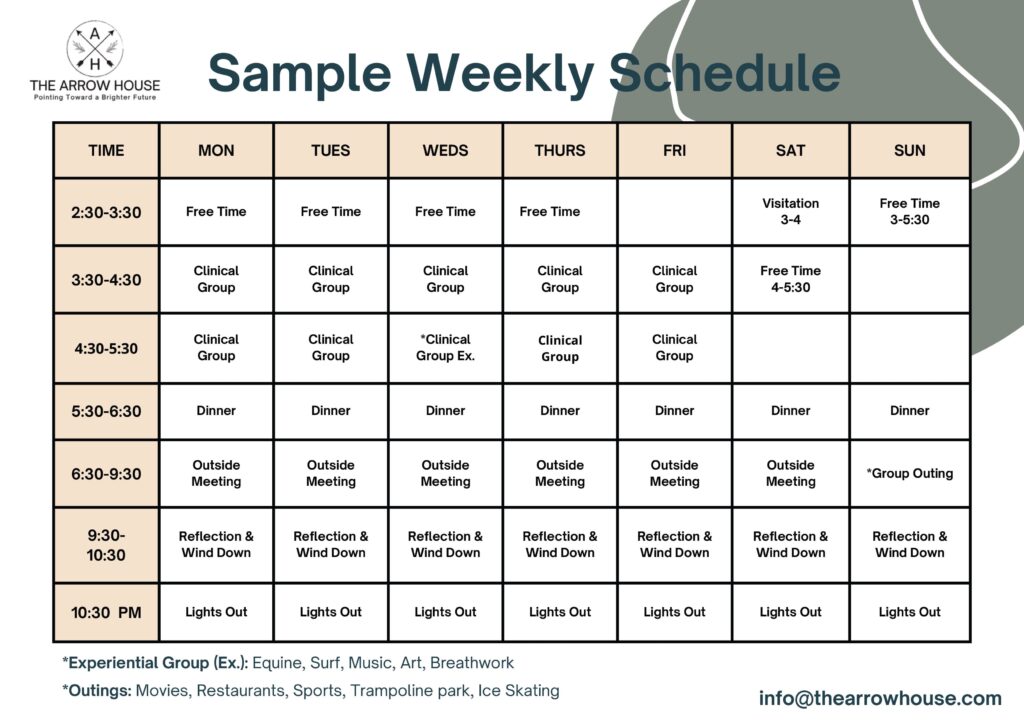Is Adolescent Residential Treatment the Right Step for Your Teen?
As a parent, it’s natural to feel uncertain or worried when considering residential treatment for your teen. You are not alone in this journey. While every situation is unique, certain challenges may indicate that a higher level of support could help your teen heal, grow, and thrive:
- Emotional Distress → Does your teen struggle with overwhelming anxiety, stress, or sadness?
- Emotional Regulation → Does your teen have difficulty managing emotions and/or has frequent uncontrollable emotional outbursts? Does your teen have inappropriate responses to reasonable requests?
- Social Isolation → Is your teen withdrawing from friends and family? Is your teen becoming more secretive?
- Academic Challenges → Is your teen school performance declining or are they refusing to attend school altogether?
- Unsafe Behaviors → Does your teen engage in risky behaviors that create concern for their safety?
- Substance Use → Has your teen started experimenting with drugs or alcohol, or using substances to cope with emotions or stress?
Need for Intensive Support → Has your teen previously participated in outpatient therapy or counseling that isn’t enough?
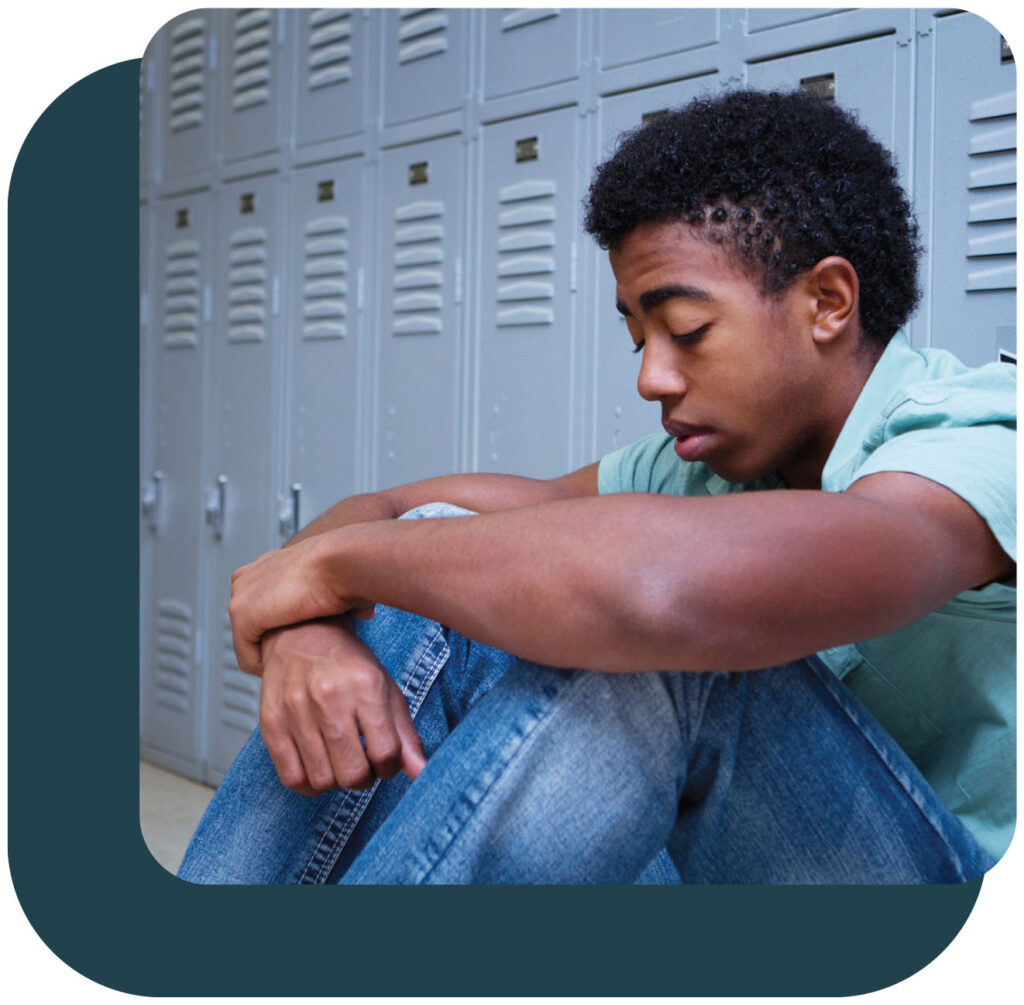
At The Arrow House we help with all of the above. For more information on when adolescent residential treatment might be appropriate, the American Academy of Child & Adolescent Psychiatry provides helpful resources for families.
Why Families Choose The Arrow House
When your teen is struggling, it’s natural to feel overwhelmed and unsure of the next step. We know how difficult it can be to find the right support — and how much courage it takes to consider residential treatment. At The Arrow House, we honor that bravery. You are not in this alone.
Our program provides a higher level of care for teens who need more support than outpatient services can offer, as some challenges require daily structure, consistent guidance, and targeted therapeutic intervention. We work with adolescents who need daily extra support to overcome obstacles, develop healthy habits, and build confidence in a safe, structured environment.
The Arrow House adolescent residential treatment program is designed specifically for teens ages 12–17. Every aspect — from academics to therapy to recreation — is tailored to their developmental stage and emotional needs, giving parents peace of mind that their child is supported by professionals who are deeply committed to their well-being and future.
The Arrow House Core Principles
Compassionate Support
We meet our adolescents exactly where they are, without judgment, offering patience, respect, and care. As a close-knit team, we work directly with our families, holding their hands through this journey and guiding them every step of the way.
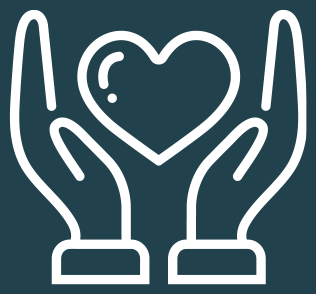
Family Focused
Healing doesn’t just happen during treatment — it begins at home. Parents and caregivers are never on the sidelines; they are active partners every step of the way.
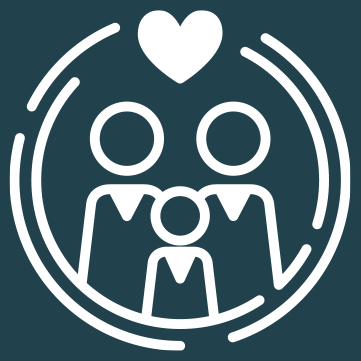
Personalized Care
We treat the person, not the diagnosis. Every adolescent’s journey is unique, which is why we create individualized treatment plans tailored to their strengths, needs, and goals. We never take a one-size-fits-all approach.
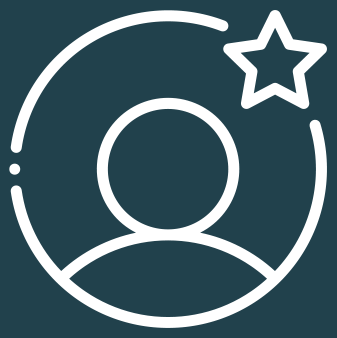
Comprehensive Care
We support the whole adolescent, not just their challenges. Your teen’s emotional, academic, physical, and social well-being is our top priority. Through therapy, education, wellness activities, and meaningful peer connections, we help teens build balance, resilience, and lasting growth. This well-rounded approach sets our program apart from others that focus solely on clinical frameworks.
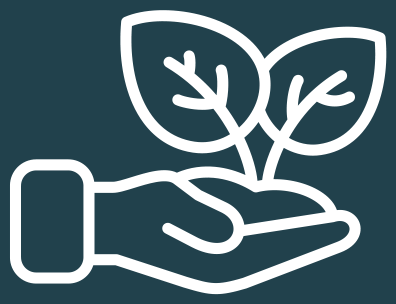
Daily Life At The Arrow House
The Power of a Structured Day
A typical day at The Arrow House combines therapy, academics, recreation, and community activities. Our goal is to build consistency and reliability for your teen while they are in our care.
- A structured routine provides stability, accountability, and the opportunity to develop resilience, while the variety of activities helps them re-engage with life in healthy, meaningful ways. A balanced, predictable day gives adolescents the support they need to grow, recover, and thrive. View our Daily Schedule.
Academic Support
Keeping up with school during treatment is an integral part of your teen’s growth and confidence. At The Arrow House, we’re WASC-accredited — one of only three residential programs in California — so your teen doesn’t have to choose between education and healing.
- Our on-site teacher works hand-in-hand with each adolescent to provide the right level of academic support while they focus on their treatment. This approach helps them stay on track and feel a sense of progress and accomplishment. Because learning happens within our therapeutic setting, our team can also observe patterns — like school avoidance or anxiety — that might not appear elsewhere, helping us get to the root of what’s really holding your teen back.
Therapeutic Healing and Support
Our therapeutic services are designed to help teens — and their families — navigate challenges with empathy, guidance, and evidence-based clinical approaches. This combination is especially effective for teens in recovery, providing the structure, support, and understanding they need to process experiences, build coping skills, and make lasting progress in a safe and nurturing environment.
- Individual Therapy: Adolescents receive one-on-one weekly sessions with a clinical therapist providing a safe, confidential space to process emotions, explore personal challenges, and develop practical coping skills. This personalized approach is particularly helpful for teens in treatment, allowing them to work at their own pace, address underlying issues, and build resilience, self-awareness, and confidence as they navigate recovery.
- Group Therapy: Adolescents participate in group therapy designed to help them develop healthy communication and social skills. In these peer-supported sessions, adolescents receive opportunities to express their emotions, share experiences, and practice constructive interactions in a safe and supportive environment. Group therapy helps teens build empathy, gain fresh perspectives, foster accountability, and feel a sense of belonging — reinforcing that they are not alone on their journey to growth and recovery.
- Family Therapy: Family therapy is the backbone of our program. Families receive guidance, tools, and strategies to strengthen communication, resolve conflicts, and rebuild trust. Healing is most effective when the whole family is involved, and these sessions help parents and caregivers actively support their teen’s growth. By fostering healthier relationships at home, family therapy lays the foundation for long-term recovery, resilience, and lasting positive change.
- Experiential Therapy: Experiential therapy like equine, surf, yoga, and music therapy helps teens develop authentic self-esteem through real accomplishments — from working with a horse or completing a challenging project. These hands-on experiences teach teens to face challenges, build resilience, and shift from external rewards to genuine internal motivation and pride.
Community and Connection
Many adolescents entering our program feel isolated and disconnected. At The Arrow House, your teen will become part of a safe, supportive community where they can reconnect, build healthy relationships, and experience a true sense of belonging.
This peer-based environment is especially effective for recovery, as it fosters accountability, resilience, and mutual respect. By practicing trust and connection within a caring community, adolescents gain the social and emotional skills they need to heal, grow, and thrive — both during treatment and beyond.
Next Steps for Families
If you’re considering adolescent residential treatment for your teen, please know you don’t have to face this alone. We are here to walk alongside you, offering guidance, understanding, and support for both you and your teen every step of the way. Call us today, 657-282-4263, and come see how The Arrow House can make a difference in your child’s life.


